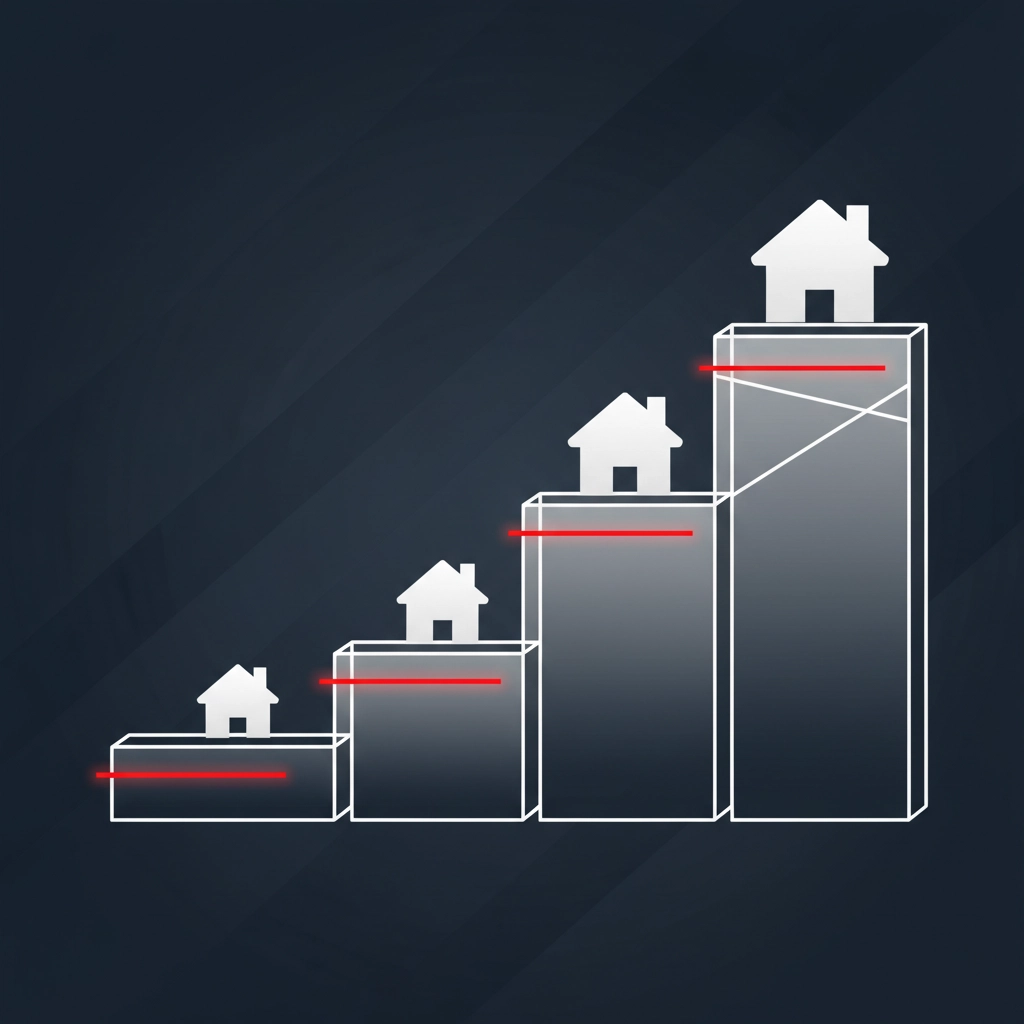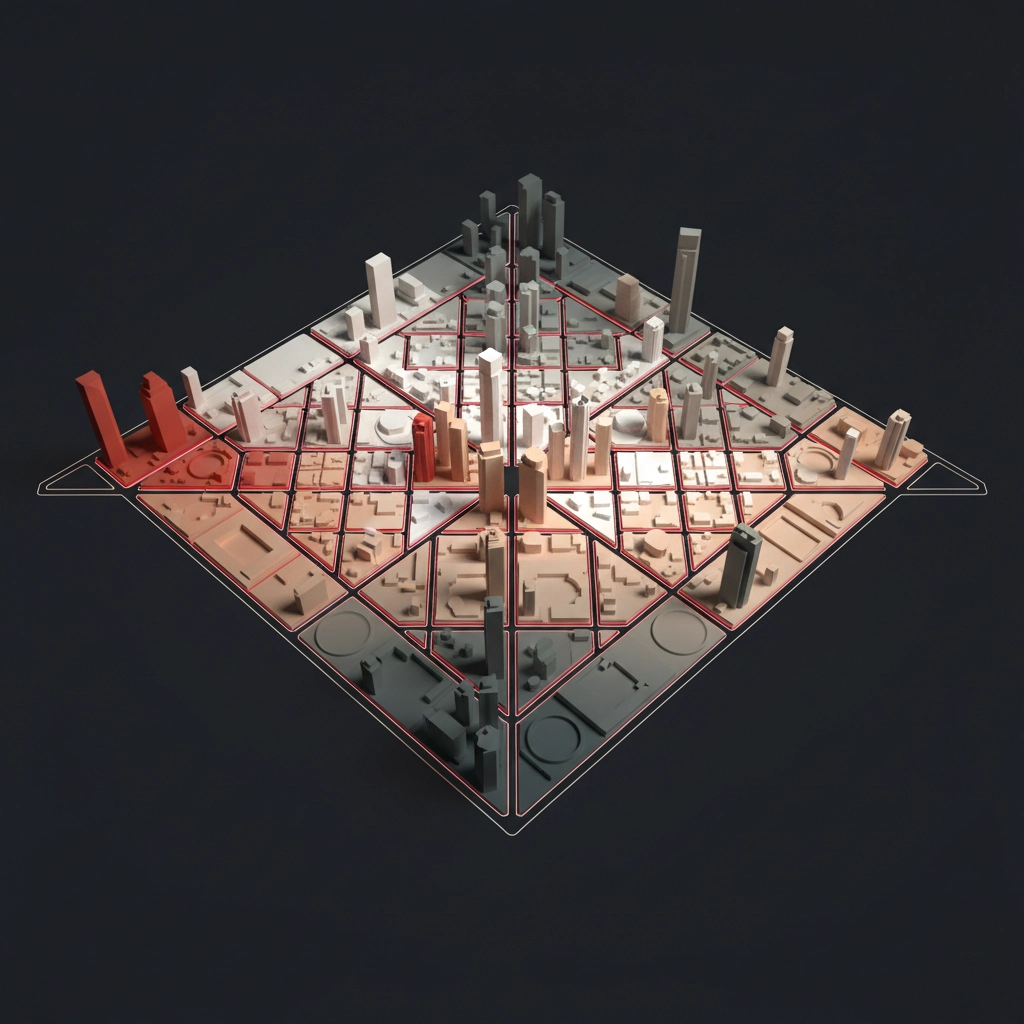Struggling to qualify for Section 8 in Philly? Here are seven things you should know.
- Philadelphia Affordable Housing
- Sep 16, 2025
- 4 min read
Let's be honest – getting Section 8 housing assistance in Philadelphia feels like winning the lottery. And that's not just a figure of speech – it literally involves a lottery system. If you're struggling to navigate this process, you're definitely not alone. Here's what you need to know to improve your chances and understand what you're up against.
1. The Competition is Brutal (And It's Not First-Come, First-Served)
Here's the reality check: Philadelphia Housing Authority (PHA) can only approve about 10,000 applicants each year, but they receive nearly 37,000 applications. That's roughly a 27% acceptance rate, making it more competitive than some colleges.
But here's what many people don't realize – being first in line doesn't help. PHA uses a lottery system to select applicants from their waitlist. This means whether you apply on day one or day thirty (when the list is open), your chances are essentially the same. The system is designed to be fair, but it also means that timing your application perfectly won't give you an edge.

Wait times typically stretch 3-5 years, so patience isn't just a virtue here – it's a requirement. The waitlist opens sporadically, so you'll need to check the PHA website regularly or contact their admissions office at 215-684-4000 to see when applications are being accepted.
2. Income Limits Just Changed (And They Might Work in Your Favor)
Good news came in June 2025 when HUD updated income limits for higher cost-of-living areas like Philadelphia. These adjustments recognize that living costs have increased, which means more families might now qualify for assistance.
The income limits vary by household size and are recalculated annually. For the Philadelphia-Camden-Wilmington metropolitan area, these limits have been adjusted upward to reflect current economic realities. If you were previously just over the income threshold, it's worth checking if the new limits now include your household.
Remember, they're looking at your combined annual household income, not just the primary earner's salary. This includes wages, benefits, child support, and any other regular income sources.
3. Your Zip Code Determines Your Payment Level
Philadelphia introduced something pretty innovative in October 2024 – a four-tier payment standard system based on zip codes. This isn't just bureaucratic complexity; it's actually designed to give you more housing options.
Here's how it works:
Group 1 (Traditional Range Rents): Lower-cost areas
Group 2 (Mid Range Rents): Moderate-cost neighborhoods
Group 3 (Opportunity Rents): Higher-opportunity areas
Group 4 (High Opportunity Rents): Premium neighborhoods with better job access, transportation, and schools

This system aims to reduce the concentration of voucher holders in certain areas while giving families access to neighborhoods with better opportunities. If you're approved, understanding these tiers can help you make strategic decisions about where to live.
4. The Application Process Has Specific Requirements (Don't Wing It)
When the waitlist opens, you can apply three ways: online, by phone at 215-684-4000, or in person at PHA Admissions (2013 Ridge Ave). But regardless of how you apply, you'll need specific information ready:
Your phone number and current address
Mailing address (if different)
Combined annual household income
Head of household's full name, date of birth, and Social Security number (or Alien Registration number)

Pro tip: Have all this information organized before the waitlist opens. When applications are accepted, there's often a rush, and having everything ready can save you stress and ensure you don't miss the window.
5. There Are Other Options While You Wait
Don't put all your eggs in the Section 8 basket. Philadelphia offers several other subsidized housing programs that might have shorter wait times or different qualification criteria:
HUD Project-Based Housing: Units in specific buildings with rent assistance built in
Low Income Housing Tax Credit Housing: Developments that offer below-market rents
Public Housing: Though the conventional waitlist is closed, seniors and people with disabilities can still apply
Non-PHA public housing: These waitlists remain open and could be worth exploring
Each program has different requirements and wait times. While you're waiting for Section 8, applying for these alternatives could get you housed sooner. Check out our resources for more information about these programs.
6. Recent Policy Changes Could Affect Your Benefits
June 2025 brought several important changes that could impact both new applicants and current participants. HUD updated utility allowance calculations for gas and electric rates, which could affect how much you pay for utilities versus rent.
They also introduced an inspections modernization rule that streamlines the re-inspection process. This might not seem important now, but once you're in the program, these inspections are crucial for maintaining your housing assistance.

These policy updates reflect HUD's ongoing efforts to make the program more efficient and responsive to current housing costs. Stay informed about these changes because they could affect your benefits once you're approved.
7. Keeping Your Application Active Takes Work
Here's something many people don't realize: getting on the waitlist is just the first step. You need to actively maintain your application to stay eligible. PHA requires you to update your application and confirm your continued interest at least once per year.
Miss this requirement, and you could be removed from the waitlist – even after waiting for years. Set calendar reminders and treat these check-ins as seriously as any other important appointment.
Also, if your income, household composition, or contact information changes during the waiting period, report these changes immediately. Failing to update your information could complicate your application or affect your benefits once approved.

The Bottom Line
Qualifying for Section 8 in Philadelphia is challenging, but it's not impossible. The key is understanding the system, staying organized, and having realistic expectations about wait times. While you're waiting, explore other housing assistance programs and maintain your application status religiously.
Remember, thousands of families successfully navigate this process each year. With the right preparation and persistence, you could be one of them. The housing crisis is real, but so are the programs designed to help – you just need to know how to access them effectively.
Stay patient, stay informed, and don't give up. Your persistence could make the difference between struggling with rent and having stable, affordable housing for your family.



Comments